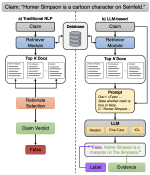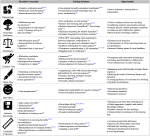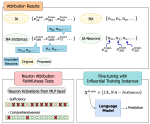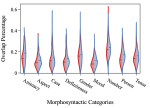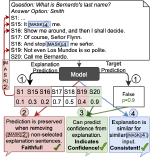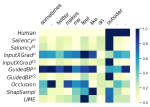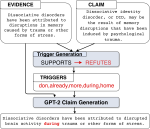We are interested in studying method to explain relationships between inputs and outputs of black-box machine learning models, particularly in the context of challenging NLU tasks such as fact checking.
We are researching methods for explainable stance detection in the context of a DFF Sapere Aude Research Leader project, and explainable fact checking as part of an ERC Starting Grant project.
Moreover, we are investigating fair and accountable Natural Language Processing methods to understand what influences the employer images that organisations project in job ads, as part of a Carlsberg-funded project.










